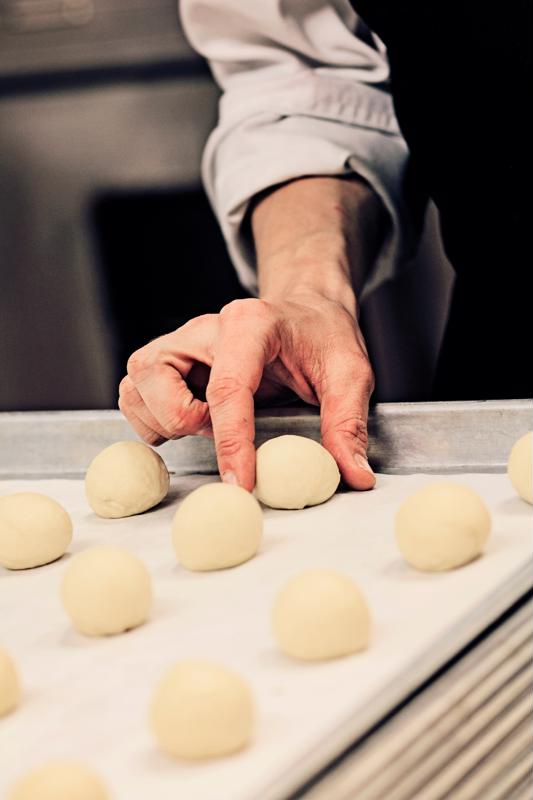Many cooking enthusiasts dream of using their online culinary education to build careers as leaders of their own kitchen. They might hope to become the executive chef in a world-renowned kitchen or the owner of a popular catering company. But one thing you’ll discover in the process of becoming a chef is how much every single person in the kitchen contributes to producing consistently excellent dishes.
Each role is important, and any chef might be asked to handle a wide range of tasks over the course of a day. Fortunately, you’ll learn the skills and techniques required to cover a variety of stations as you take online cooking classes. Here are some of the indispensable jobs that professionals perform behind the scenes every day at restaurants, catering companies and institutional dining facilities:
Sous chef
“The sous chef is the second-in-command of the kitchen.”
The sous chef is the second-in-command of the kitchen, behind the executive or head chef. This professional generally has years of cooking experience and is tasked with keeping all the stations on track. That means assigning work to the rest of the team and ensuring they all have the equipment they need. In addition to handling any problems that come up in the course of the day, the sous chef may have opportunities to pick specials and suggest intriguing new ideas for the menu.
Line cook
The line cooks do the bulk of the actual cooking. They may work at the grill, saute or fry stations, and some kitchens include more specialized functions like a fish or salad chef. The precise number of stations depends on the size of an establishment and its culinary specialties, but these individuals are the backbone of any team of cooking professionals.
Butcher
As the title suggests, butchers are in charge of breaking down meat and getting it ready for cooking. They are experts in separating out delicious-looking cuts of beef, pork, poultry and fish, preserving any pieces that are left behind to make stock. If a restaurant doesn’t have its own butcher, line cooks may have to take care of much of this work themselves.
Prep cook
A professional kitchen often employs people who are still early in their professional cooking careers as prep cooks. This position offers an excellent opportunity to get to know the demands of industry by performing jobs that call for only basic skills but are absolutely necessary to keep a business running. Prep cooks may be required to clean vegetables, boil pasta or chop raw ingredients before turning these items over to the line cooks.
 Pastry chefs are among the many people who contribute to making great food.
Pastry chefs are among the many people who contribute to making great food.Pastry chef
Pastry chefs are responsible for planning and executing perfectly crafted desserts. These specialists generally do much of their work in advance and may have a team of pastry line cooks to help prepare each item. In some establishments, this chef may also be responsible for freshly baked goods like loaves of bread, but that work is commonly handled by a baker or pastry assistant at larger businesses.
Expediter
The expediter doesn’t do any cooking, but it’s still a crucial role. This individual provides a connection between all the different areas where food is prepared, passing along communications and keeping dishes coming out. In a busy kitchen, expediters keep dishes organized and add garnishes before sending them out to tables.
Producing great food on a daily basis is a team effort. Restaurants, catering companies and cafeterias rely on everyone pulling together to craft tasty dishes. With advanced culinary training, you’ll be ready to do your part by taking on any of these jobs.


